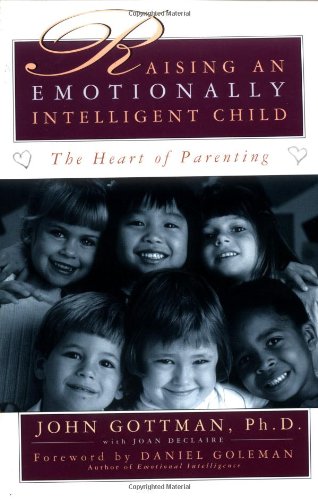What Is Emotional Intelligence?
/image by travis bradberry
Anyone can become angry—that is easy. But to be angry with the right person, to the right degree, at the right time, for the right purpose, and in the right way—that is not easy.
Aristotle, The Nichomachean Ethics
In our first two blogs, we defined emotions and we looked at a basic understanding of how the brain works. Now we want to define Emotional Intelligence (EQ) and why it is so important. As you can see by the illustration on the left, EQ is different than IQ and Personality. There is overlap, but they are also distinct.
So where did the idea of EQ come from? To answer that question, you have to go back to 1995 and read a book by Daniel Goleman called, Emotional Intelligence: Why it Can Matter More Than IQ. There is a 10th anniversary version that was published in 2005. In the introduction, Dan Goleman says this:
In 1990, in my role as a science reporter at The New York Times, I chanced upon an article in a small academic journal by two psychologists, John Mayer, now at the University of New Hampshire, and Yale's Peter Salovey. Mayer and Salovey offered the first formulation of a concept they called "emotional intelligence."...I was electrified by the notion, which I made the title of this book in 1995. Like Mayer and Salovey, I used the phrase to synthesize a broad range of scientific findings, drawing together what had been separate strands of research--reviewing not only their theory but a wide variety of other exciting scientific developments, such as the first fruits of the nascent field of affective neuroscience, which explores how emotions are regulated in the brain.
Dan Goleman goes on to say how, in 1995, he wanted the concept of EQ to become a common idea in the culture. The proof is that he was wildly successful. The term is ubiquitous. But what does it mean?
Image by travis bradberry
In the previous post, we talked about how the "rational brain" and "emotional brain" must work together. For that to happen, we have to find ways to slow down to avoid the emotional brain from hijacking the rational brain. That is a skill that can be developed. To the right is a chart that describes the skills that are necessary for one to grow in EQ.
As you can see, these skills involve being self-aware of one's perceptions of one's self as well as others. The particular skill that is needed is focusing on emotions and managing them well. This is what the Bible calls wisdom. If you take a moment to scan through the book of Proverbs, it is littered with sayings that are in the same direction of EQ. Here is just one:
In Proverbs 26:4-5, the writer says this, "Do not answer a fool according to his folly, or you yourself will be just like him. Answer a fool according to his folly, or he will be wise in his own eyes." As you can see, the decision about which action you chose requires a high degree of self-awareness and other awareness. This requires incredible discipline and self-control. It also requires a high degree of awareness of one's own emotions and the emotions of the other person. These skills or character traits come more naturally to some than others. The research is emphatic that everyone can grow in EQ, though.
While the language of EQ and the research is new, the concept is not. The Scriptures regularly call the believer to greater self-awareness. We are called to live a life of humility where we don't think too highly of ourselves but only in the measure of gifts that we have been given (Romans 12:3). This admonition is given within the context of understanding our place within the larger body of Christ. This requires other-awareness.
What is reassuring in the pages of Scripture is the message that we have someone greater outside of us who can form these character qualities and skills within us by his grace and kindness. In fact, it is an experience of that very kindness and grace that enables us to move in the direction of humility while being a conduit of the kindness and grace we have been given.
In our next blog, we will be looking at the specific skills and character qualities EQ is seeking to foster in each of us.
Copyright © 2018 Timothy S. Lane









